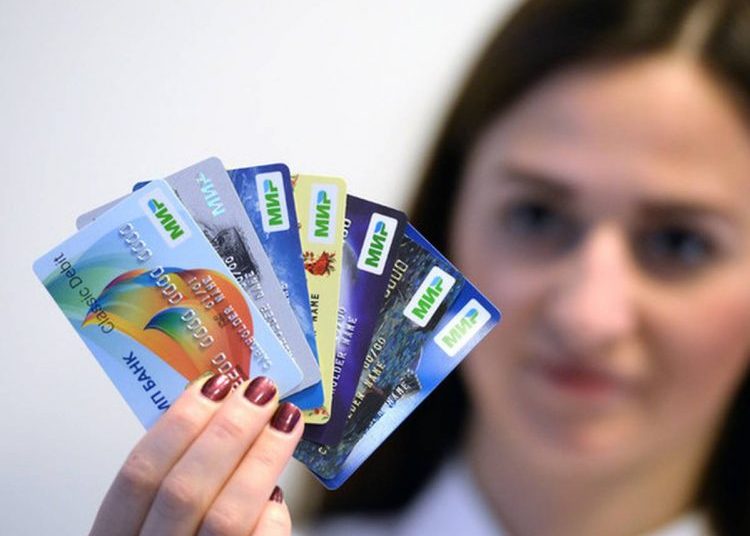|
Getting your Trinity Audio player ready...
|
The MIR payment cards, from Russia, will soon be available in Cuba, according to official sources.
Olga Skorobogatova, first vice president of the Central Bank of that Eurasian nation, affirmed that her country “is working today on the launch” on the island of this mechanism, belonging to the National Payment Card System (NSPK).
“There are several countries that would like to cooperate with us. For example, Cuba is one of the latest projects we are currently working on. In other words, our citizens will be able to use the MIR card in Cuba,” Skorobogatova explained at a working meeting of the Russian State Duma, according to a recent report by the Prensa Latina (PL) news agency.
According to the source, Moscow is also advancing negotiations with other countries for the use of the MIR card. The official did not specify which countries she was referring to, although she said that these are nations to which “Russian tourists travel a lot.”
Currently, this payment mechanism is accepted in a group of countries with good relations with Russia, such as Vietnam, Turkey, Belarus, Armenia, Uzbekistan, Kazakhstan, Kyrgyzstan and Tajikistan, to which Cuba would join.
The Tourism Counselor of the Cuban embassy in Moscow, Juan Carlos Escalona, pointed out that the launch of the MIR cards on the island “constitutes an important step” for the reopening of Russian tourism in the country, and added that visitors from the Eurasian country will be able to pay for their services in Cuba with MIR “as soon as flights between the two countries are resumed.”
Prensa Latina recalled that the Russian market “became one of Cuba’s main tourist markets during the last two years,” but that the arrival of travelers from that country has been affected by the sanctions against Russia as a result of the military conflict in Ukraine. In particular, due to “the closure of the airspace on the main routes between this country and the Caribbean region,” something to which Moscow and Havana are seeking a solution.
The Central Bank of Russia established MIR in 2017 as a national payment system, which includes credit and debit cards, means of payment and electronic collection, the Bloomberg Línea website specified. According to it, this mechanism was designed as “a way to correct the possible suspensions of electronic transactions that could be determined by U.S. multinational companies,” such as Visa and Mastercard, something that happened as a result of the Russian invasion of Ukraine.










